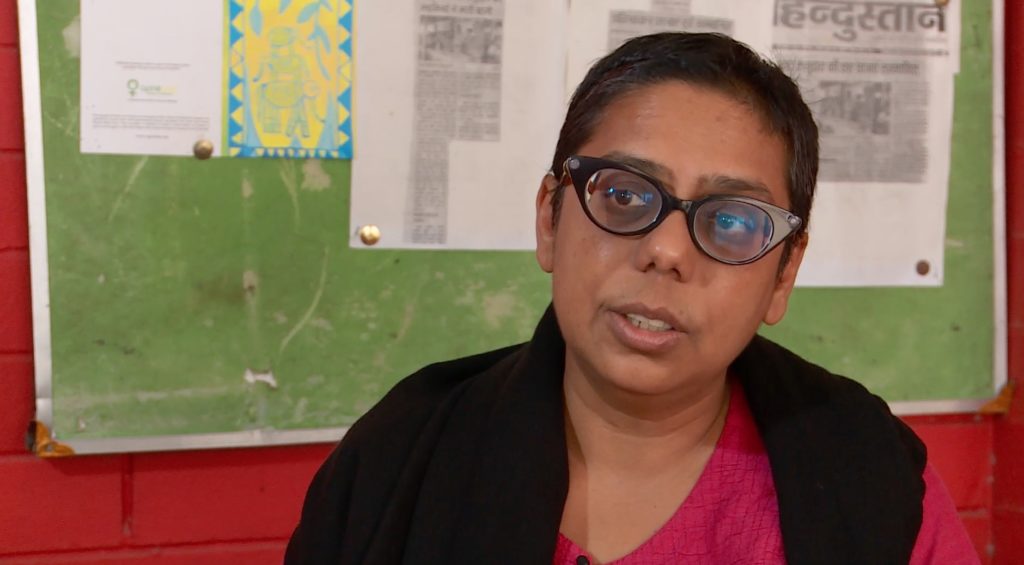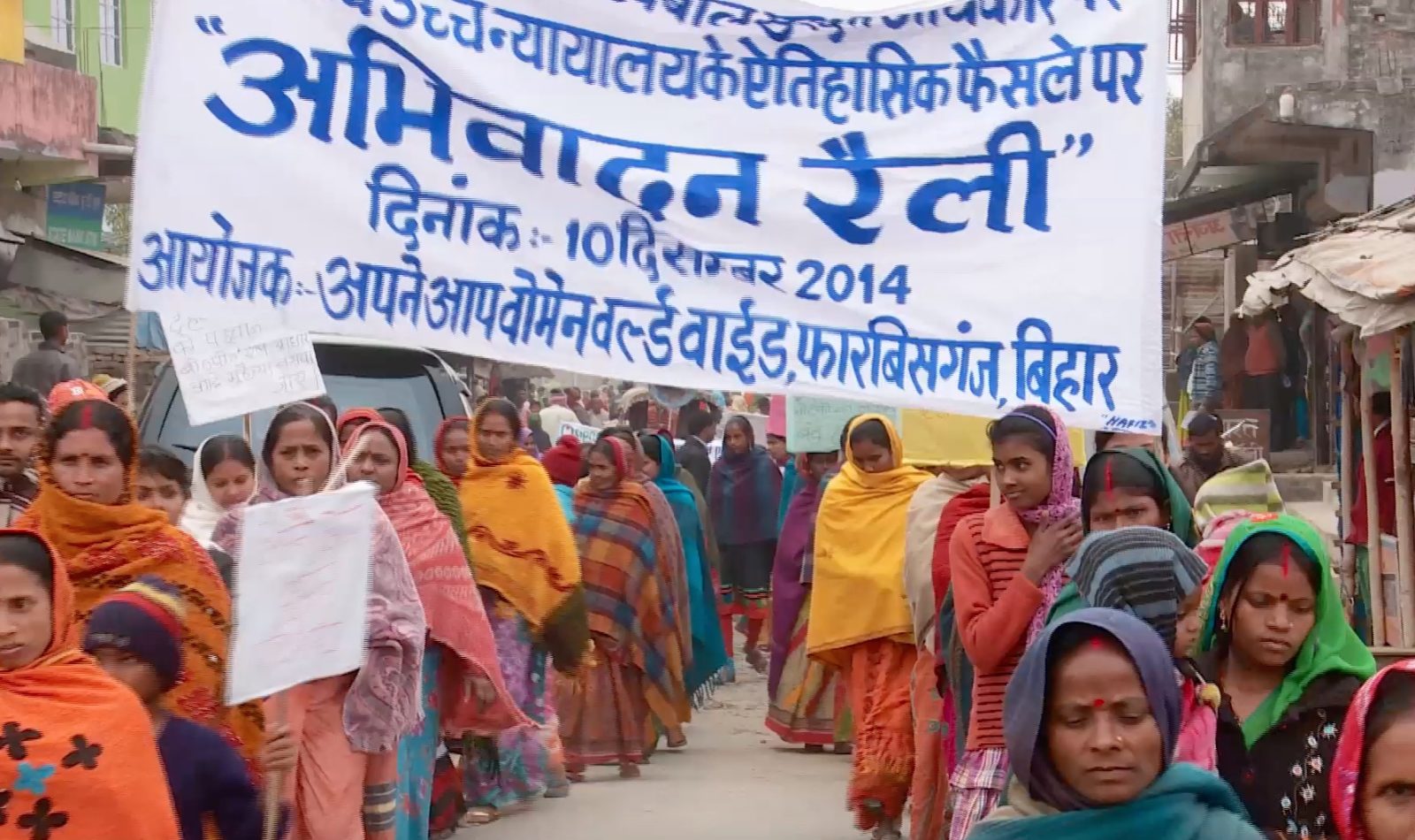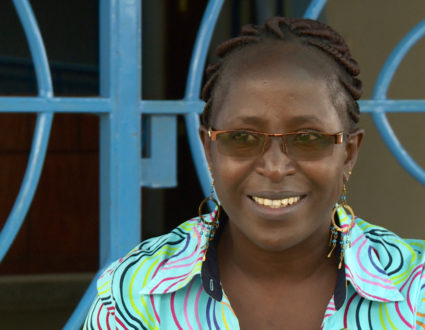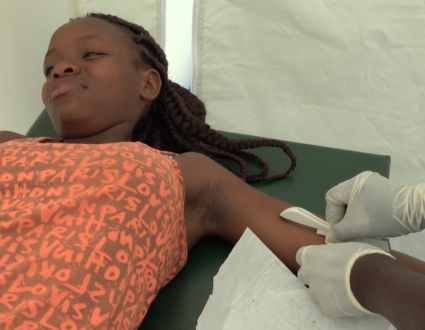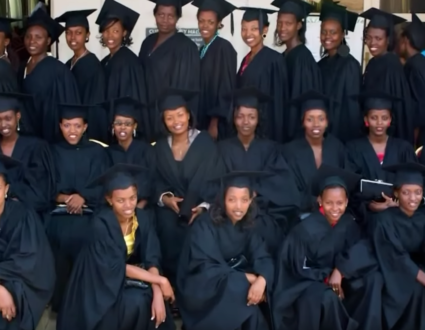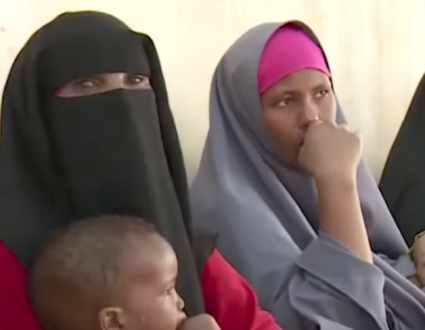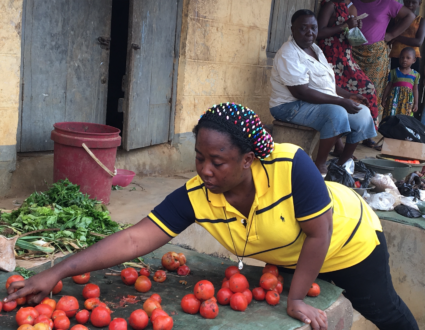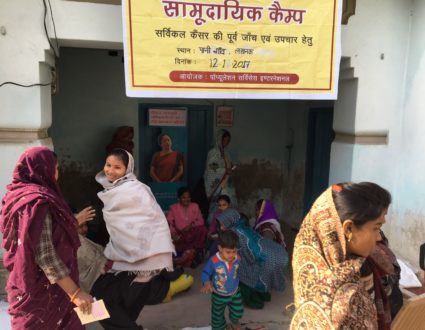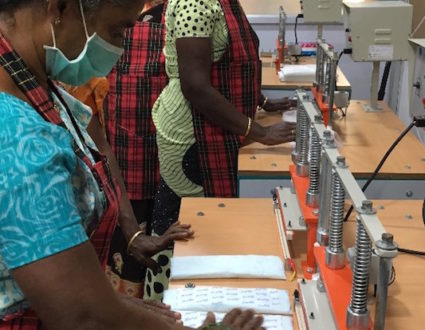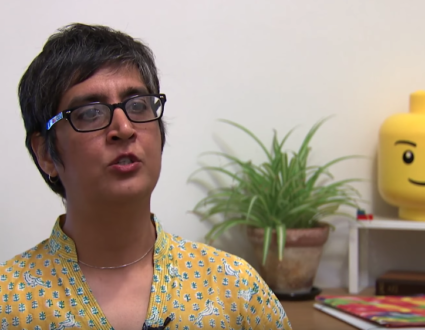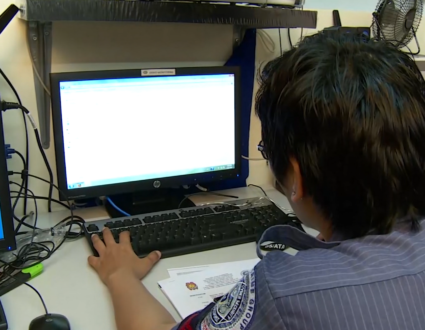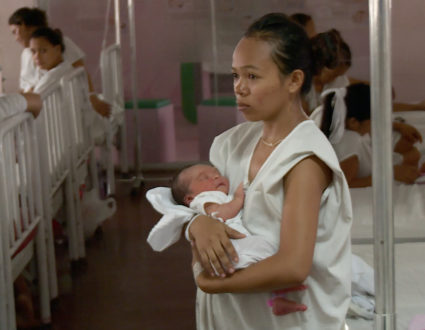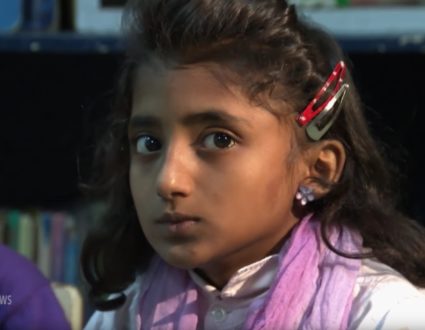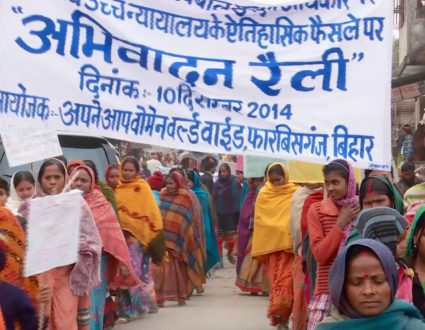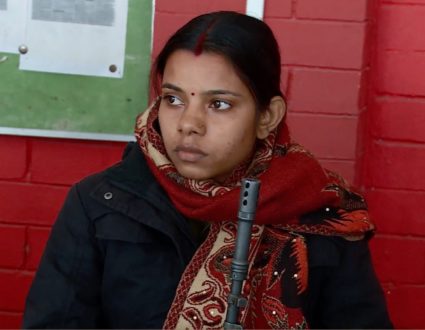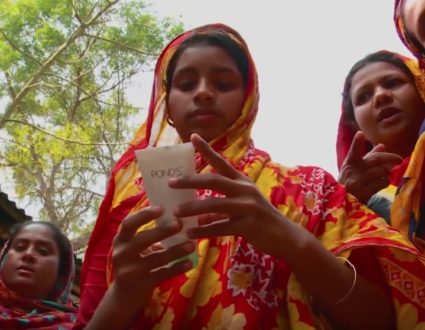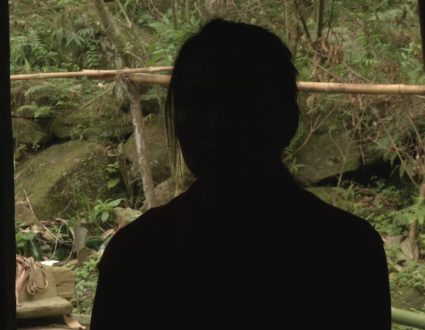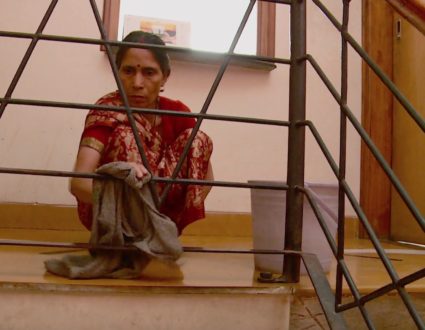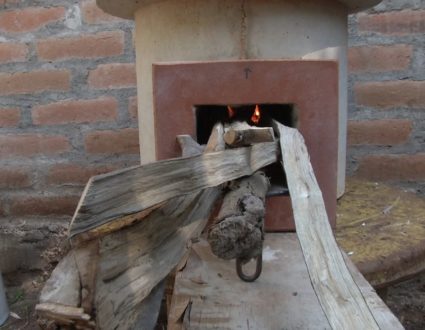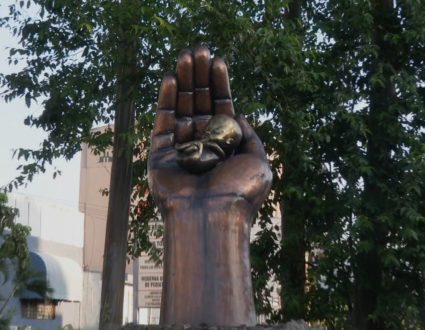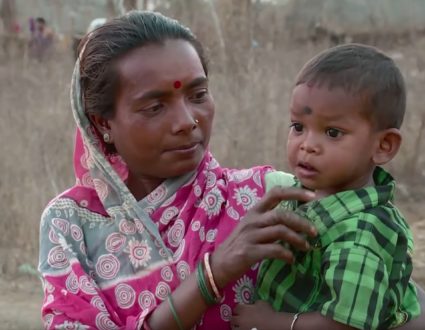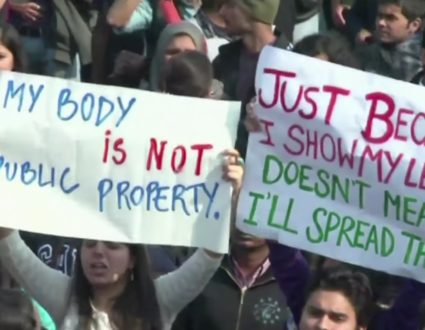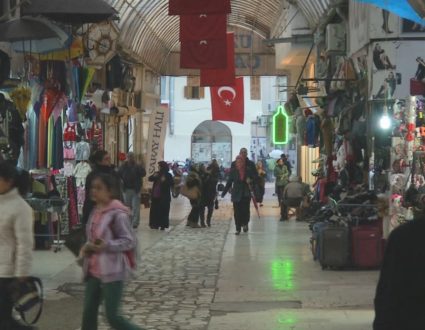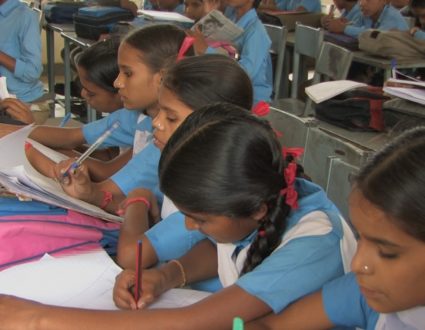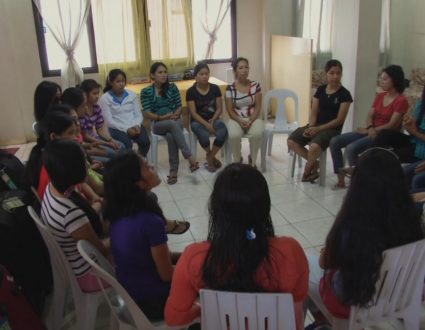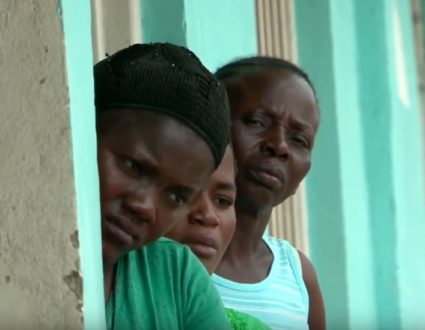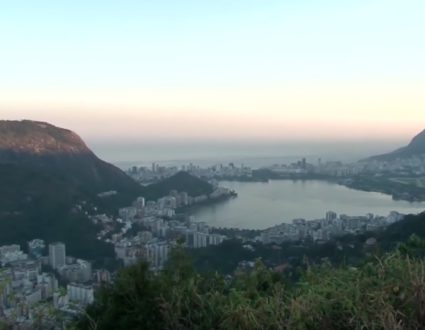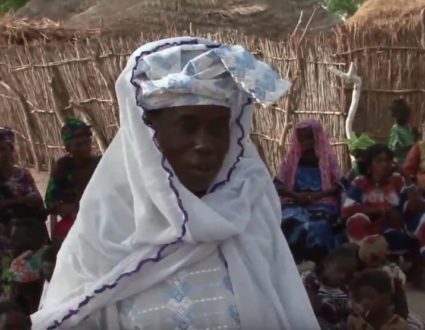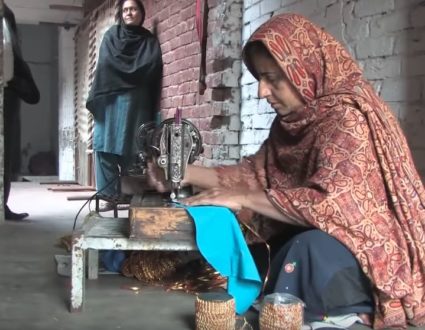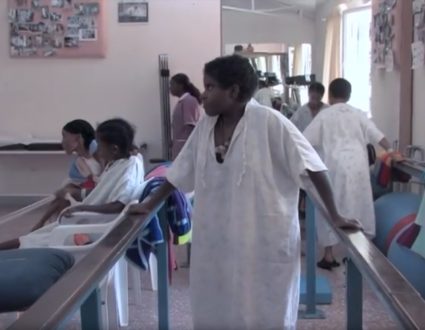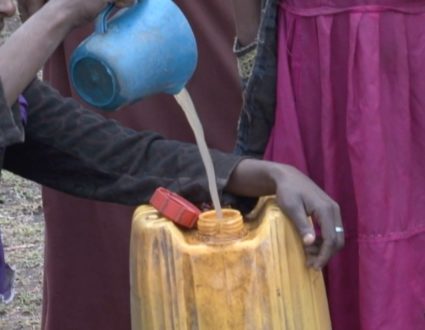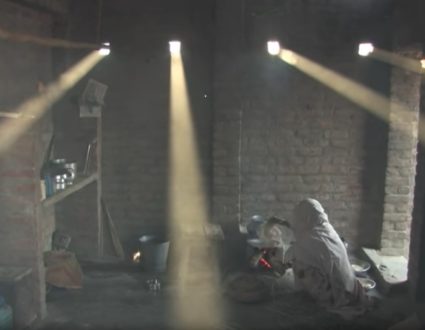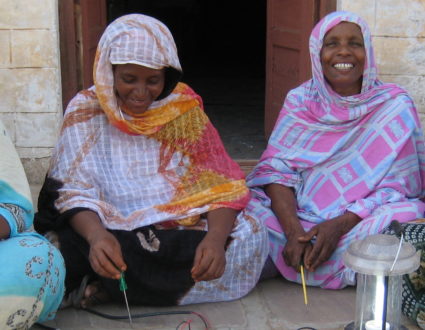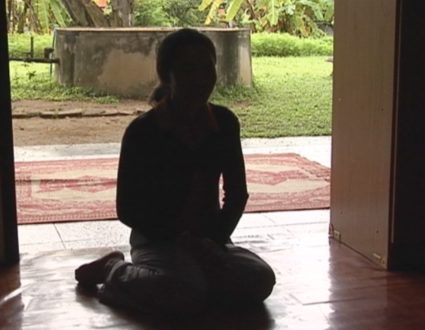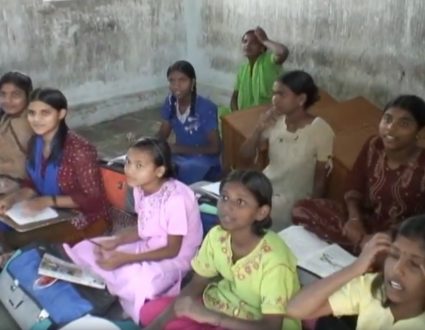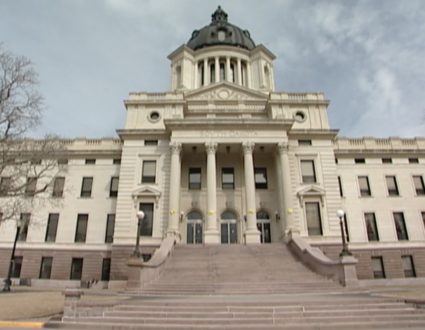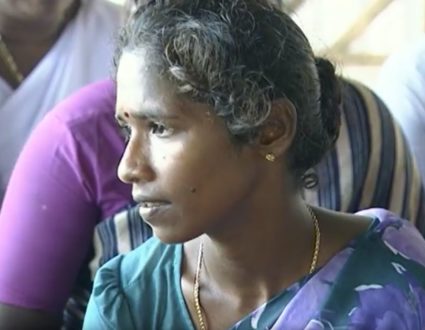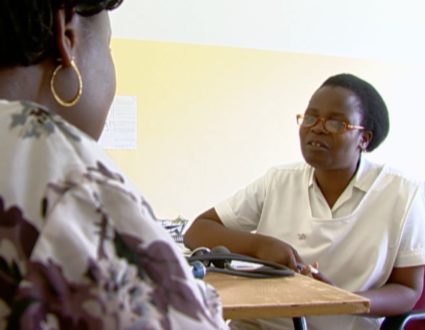GWEN IFILL: Now to the second part of special correspondent Fred de Sam Lazaro’s report on the struggles to stop sex trafficking in India.
Last night, we witnessed a failed attempt to rescue young women forced into prostitution, one in which police appeared to covering up for the traffickers.
In tonight’s report, Fred follows another rescue attempt, one with a very different outcome.
His story is part of our Agents for Change series.
FRED DE SAM LAZARO: In India’s impoverished rural state of Bihar, people struggle to live off the land. One of the few businesses that thrives is underground.
RUCHIRA GUPTA, Founder, Apne Aap Women Worldwide: This is one of the epicenters in the world for human trafficking. Little girls are trafficked into prostitution. They are put on buses and trucks and taken to the big brothels of Bombay, Delhi and Calcutta, but sometimes closer by.
FRED DE SAM LAZARO: Ruchira Gupta and the human rights group she founded, Apne Aap, or On Our Own, is working to change the tradition of lower-caste women being channeled into the sex trade.
The group sued authorities to provide schooling for girls rescued from brothels. And it runs a shelter for the women and their daughters. But, first, Apne Aap has to work with the police to free the women.
RUCHIRA GUPTA (through interpreter): So, here is the law. We have printed it out for you.
FRED DE SAM LAZARO: And that means explaining the new law the group helped get past. It punishes trackers and not those who were prostituted.
RUCHIRA GUPTA (through interpreter): We have to arrest the trafficker.
FRED DE SAM LAZARO: Sometimes, that task is not easy.
RUCHIRA GUPTA: The police is part of our society, and if the entire society believes that a girl is of less value, a low-caste girl is of even less value. So unless their mind-set changes, they don’t even try to enforce the law, because they think this is not a crime.
FRED DE SAM LAZARO: Just the previous night, we followed an Apne Aap team hoping to rescue a young woman from a brothel. The raid failed, possibly because the police tipped off the traffickers.
Ruchira, what’s going on?
RUCHIRA GUPTA: I think the girls have been prevented – we were kept waiting at the police station for two hours by local police officers, who must have informed the traffickers here that we were on our way to rescue them.
FRED DE SAM LAZARO: In this morning’s raid, the exact location was kept secret from the police until the last moment. Still, rumors of a raid had spread, and brothels cleared out.
But Fatima Katune, a Apne Aap staffer who grew up and still lives in the red light district, is a key source of intelligence. She led the search to a home where she said a girl was hidden. Not long after indignant protests from the homeowners, a frightened young woman emerged.
RUCHIRA GUPTA (through interpreter): There’s no reason to cry. Don’t be afraid. Don’t be afraid.
FRED DE SAM LAZARO: As the young woman was led to a waiting car, Fatima Katune led the team to a brothel where she had been allegedly working, hoping to gather evidence against her trafficker, apparently, the man shown here talking to police and also taunting Katune.
A loud and physical altercation ensued, before he was put into the police paddy wagon to cool down, at Gupta’s insistence.
RUCHIRA GUPTA: He was following us to try to talk the police out of it. And then he started abusing Fatima to provoke her not to go there by calling her all kinds of name, from whore to all kinds of things, provoking her so that she would hit him, and then he could hit her back. He’s trying to stop us from going to the brothel.
Here’s another room which is being used as a brothel, where the girl we rescued, this is the bed where the customers are brought and these girls are put forward for the customers. And they’re locked up in rooms like this with iron bars on the window, as you can see. Here’s a little condom lying here.
RUCHIRA GUPTA (through interpreter): Please take a picture of this. Get that book up there. It probably has names of the customers.
FRED DE SAM LAZARO: Next, another shack-like brothel. Here, they hope to rescue two teenage girls, one forced to prostitute herself, the other the daughter of this woman who owned the place.
Gupta says it’s not uncommon for women to be involved in the business of trafficking. Many were themselves trafficked when they were young.
Ruchira, what’s – what’s happening right now?
RUCHIRA GUPTA: She says those girls are in school. So, I’m saying, fine. Take us to the school. We will go and meet the girls. We will meet the – and suppose we meet the girls?
FRED DE SAM LAZARO: On what grounds?
RUCHIRA GUPTA: Saying that, I will bring, like, 4:00 to the office, which of course she won’t. But she won’t take us.
FRED DE SAM LAZARO: So, where do things stand then?
RUCHIRA GUPTA (through interpreter): No, no. Take her in. Let’s go.
FRED DE SAM LAZARO: Are they arresting her?
RUCHIRA GUPTA (through interpreter): Please turn the camera off.
FRED DE SAM LAZARO: We were asked to get out of the way because we were causing interference with the process of arresting the alleged trafficker. It appears to be happening right behind me.
The threat of going to jail seemed to cause the woman to relent. She was let out of the police vehicle just as I began talking to Gupta.
Suddenly, a new development.
RUCHIRA GUPTA: The girl is suddenly found who she said was in school. So, let’s go and see what’s going on.
FRED DE SAM LAZARO: It was the 14-year-old daughter of the brothel owner. Until recently, she had been enrolled in school and even lived in the Apne Aap shelter. But she was pulled out after seventh grade, being prepared, Gupta said, to go into the sex trade, a common tradition here passed from mother to daughter.
Negotiations resumed with the chastened brothel keeper and her son, who, in another common practice, works as a pimp.
RUCHIRA GUPTA (through interpreter): Do you want to be a pimp?
MAN (through interpreter): No, ma’am.
RUCHIRA GUPTA (through interpreter): So why are you doing this? You’re preparing a 14-year-old to prostitute herself. You have another girl in the back, Sampatia, that you have enslaved. Have you no shame? And what’s the use of you crying? Sampatia cries every day when customers come and rape her.
FRED DE SAM LAZARO: Sampatia, the girl being prostituted, wouldn’t be produced on this day, but Gupta was able to negotiate a deal for the daughter, one more year in school.
RUCHIRA GUPTA: Sumi (ph) has agreed that she can study until class eight.
The hope, the daughter will become stronger, more educated, and she will be able to negotiate with her mother and we will, together, make her go on and stay on in school for another two years. It’s year by year that we negotiate for a child.
And even a year of not being raped, a year of not being beaten is great. It’s better than a year of being raped and beaten.
FRED DE SAM LAZARO: For the young woman brought back to school and to live in the Apne Aap shelter, it was hard to see much beyond her immediate fears and turmoil, torn and confused by family loyalty and tradition. Counseling for her is just one of the tasks that lay ahead for the Apne Aap staff.
They will do the same for the girl rescued earlier this busy day. Her testimony will be key to building the case against her alleged trafficker. In its 12 years, the anti-trafficking group Apne Aap had managed to successfully prosecute 66 traffickers, but, more critically, Gupta says, the first four alumni of its shelter now hold tickets out of generational prostitution and poverty. They have gone on to enroll in college.
This is Fred de Sam Lazaro in Bihar, India, for the PBS NewsHour.
GWEN IFILL: Fred’s reporting is a partnership with the Under-Told Stories Project at Saint Mary’s University of Minnesota.
Breaking Tradition
In India, a new law punishes human traffickers rather than the girls who have been forced into prostitution, sometimes by family members. In the second report of a two-part series, special correspondent Fred de Sam Lazaro joins human rights activists and the police as they go into homes and brothels in search of victims of the sex trade.
Related Links:Apne Aap Women Worldwide
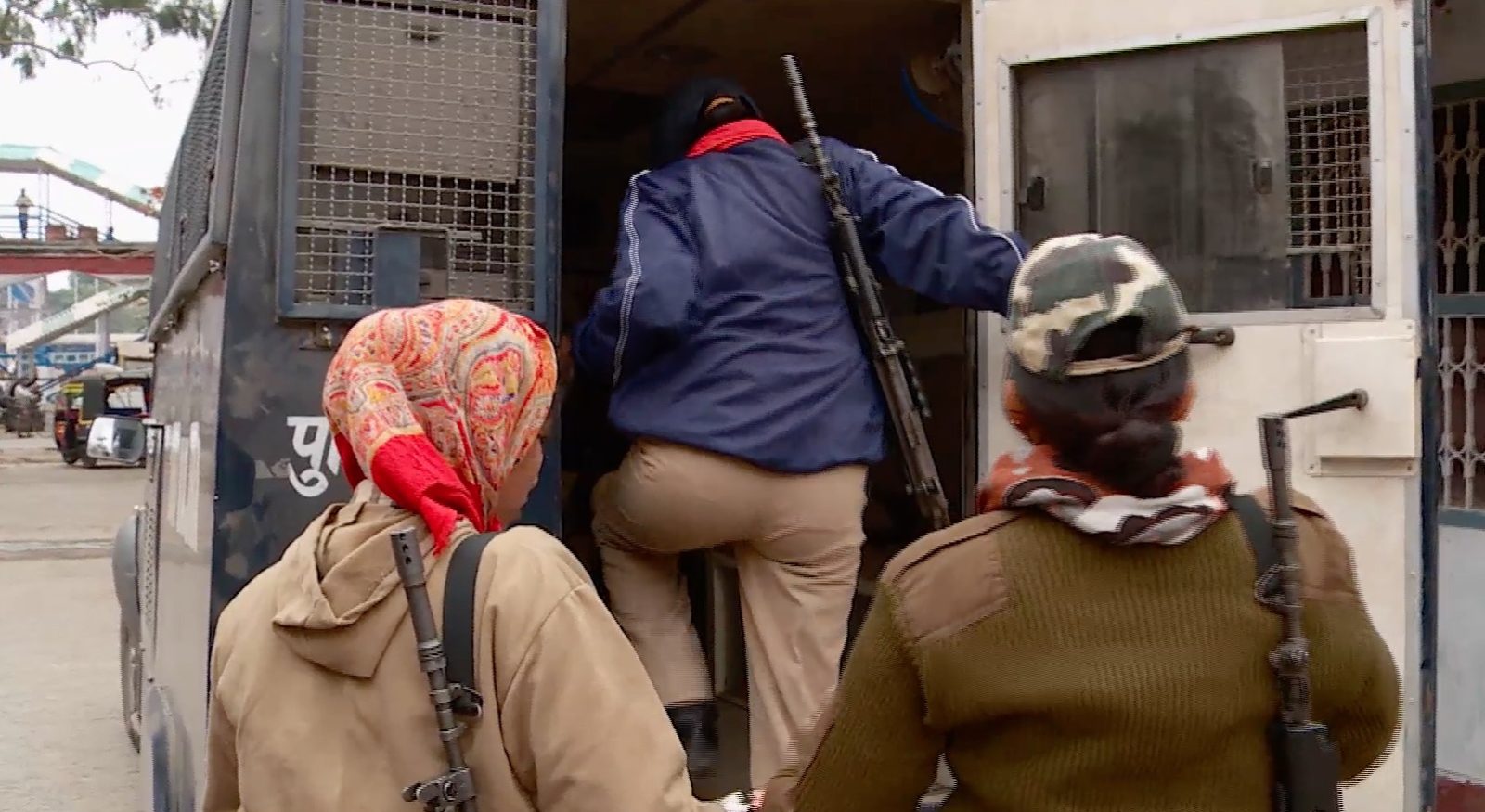
Apne Aap sued authorities to provide schooling for girls rescued from brothels, runs a shelter for victims and works with police to free the women.
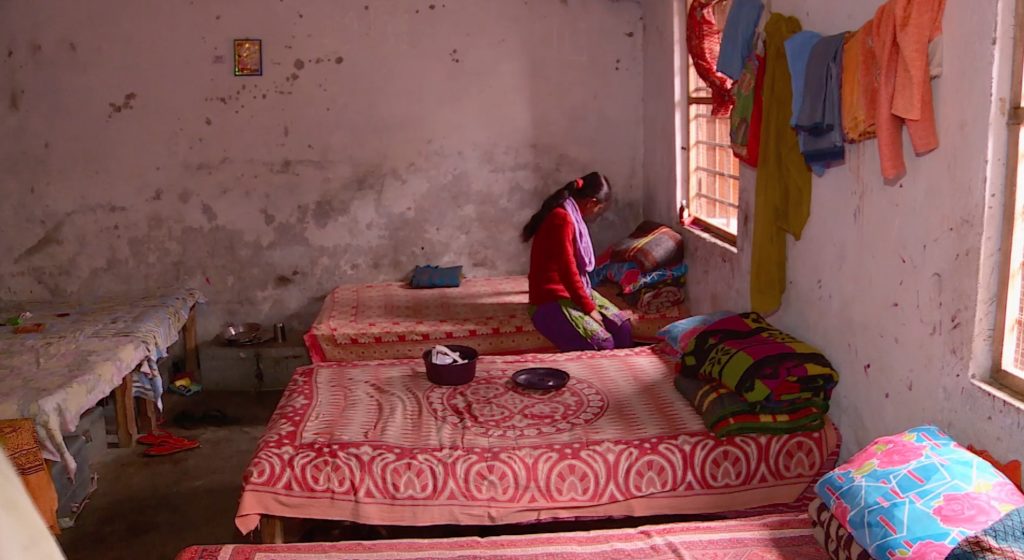
“Even a year of not being raped, a year of not being beaten is great. It’s better than a year of being raped and beaten.”
